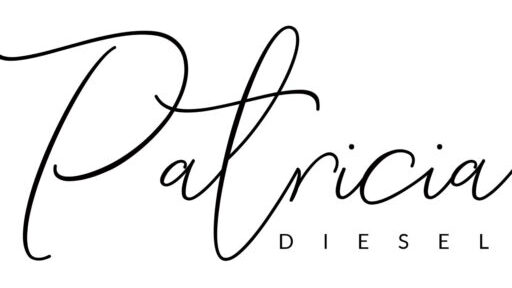Avoiding responsibility is like refusing to look into a mirror—it’s easier to turn away, but it leaves us blind to the truth. Taking ownership allows us to reflect, grow, and clear the emotional clutter holding us back
We all make mistakes—big ones, small ones, and everything in between. Mistakes are part of being human, and owning up to them is what allows us to grow, evolve, and move forward. But when we avoid taking responsibility, something unexpected happens: we create clutter—emotional clutter, relational clutter, and sometimes even physical clutter—that weighs us down and blocks the peaceful life we truly want.
Avoiding Ownership Creates Invisible Weight
When people refuse to acknowledge their missteps or the harm they’ve caused—whether intentional or not—it’s not just those around them who suffer. It creates a ripple effect. Avoidance builds layers of emotional baggage: guilt, denial, resentment, and unease. While it may seem like they’re “winning” or “getting ahead,” it often comes at a cost—a cluttered life where true peace and simplicity are impossible to achieve.
I’ve worked with people who, over time, found their external chaos reflected their inner lives. Rooms overflowing with things they didn’t need often mirrored unresolved hurts, unspoken truths, and unowned actions. Simplicity isn’t just about letting go of physical clutter; it’s about emotional clarity—acknowledging where we went wrong, learning from it, and taking steps to heal and make things right.
The Hidden Consequences of Denial
It can be tempting to avoid accountability. Owning our mistakes can feel uncomfortable, vulnerable, and humbling. But denial—whether of our actions, failures, or the harm we’ve caused—doesn’t erase the truth. It festers. It keeps us stuck, weighs down our relationships, and holds us back from the emotional growth and peace we’re longing for.
When we don’t take responsibility, we inadvertently clutter our lives:
- Emotionally: Carrying unresolved guilt, anger, or shame.
- Relationally: Damaging trust and connections with others.
- Mentally: Living with constant unrest or distraction.
And while some people may “get ahead” by stepping on others or refusing to own their actions, it’s a hollow victory. It leaves a trail of broken trust and fractured relationships behind. True success comes not from avoidance but from accountability—taking ownership, making amends, and growing stronger as a result.
Owning Up: The Path to Simplicity and Peace
Living a simpler, more intentional life begins with honesty—first with ourselves, then with others. It’s about stepping up, facing the discomfort, and saying:
- I messed up.
- I’m responsible.
- What can I do to make this right?
This doesn’t make us weak; it makes us free. Free from the weight of denial, the clutter of guilt, and the energy we spend trying to avoid the truth. Owning up clears the way for healing, stronger relationships, and the kind of clarity and peace that no amount of avoidance can ever achieve.
The Takeaway
Simplicity isn’t just about clearing out physical clutter; it’s about letting go of emotional clutter, too. It’s about choosing accountability over avoidance, honesty over denial, and growth over stagnation.
So ask yourself:
- What am I holding onto that I need to own up to?
- Who do I need to make things right with?
- How can I create more peace and freedom by being honest with myself and others?
The path to a simpler, more fulfilling life begins with responsibility. When we take ownership, we don’t just clear the clutter; we create space for healing, connection, and true growth.



